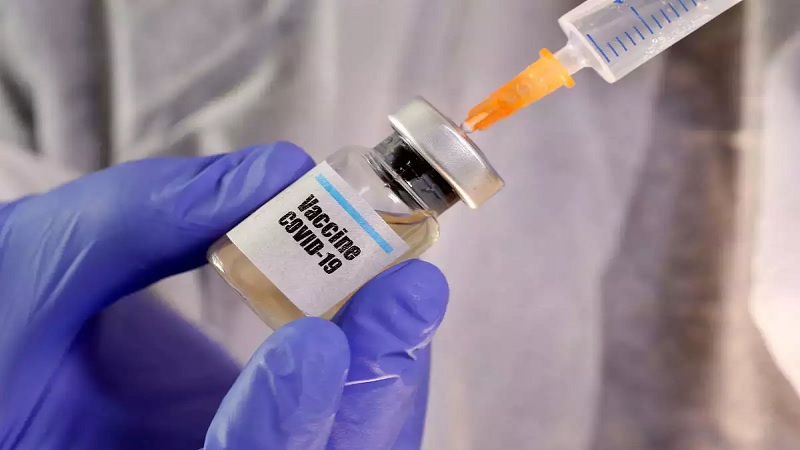 Image Courtesy:economictimes.indiatimes.com
Image Courtesy:economictimes.indiatimes.com
In the suo motu matter titled In Re: Distribution of Essential Supplies and Services During Pandemic, the Supreme Court has asked the Centre, “The Union Budget for Financial Year 2021-2022 had earmarked Rs. 35,000 crores for procuring vaccines. In light of the Liberalized Vaccination Policy, the Central Government is directed to clarify how these funds have been spent so far and why they cannot be utilized for vaccinating persons aged 18-44 years.”
With different prices of the vaccine for the Centre and States/UTs, the Centre informed the court that this policy has been adopted to instill a competitive market which would drive the market towards affordability and attract offshore vaccine manufacturers. It had also clarified that all persons of all age groups will get free vaccination throughout the country since all State/UT Governments have announced free vaccination for persons aged 18-44 years, in addition to the Central Government vaccinating persons over 45 years for free.
The Court thus, questioned the justification given by the Centre in its affidavit that the pricing policy has been framed to enable competitive pricing to incentivise more private manufacturers. When there are only two manufacturers to negotiate with pre-fixed prices, the Court wondered how this justification was tenable.
The current Liberalized Vaccination Policy enables State/UT Governments and private hospitals to procure 50 percent of the monthly CDL (Central Drugs Laboratory) approved doses in the country at a pre-fixed price. The justification for this Policy has been adduced in a bid to spur competition which would attract more private manufacturers that could eventually drive down prices, opined the court.
“Prima facie, the only room for negotiation with the two vaccine manufacturers was on price and quantity, both of which have been pre-fixed by the Central Government. This casts serious doubts on UoI’s justification for enabling higher prices as a competitive measure”, read the judgment.
The court further pointed out that the Central Government justifying its lower prices on account of its ability to place large purchase orders for vaccines “raises the issue as to why this rationale is not being employed for acquiring 100% of the monthly CDL doses.”
The Central Government in its affidavit stated that the eventual beneficiary of the vaccine would not be affected by the Liberalized Vaccination Policy since every State/UT has promised to vaccinate its residents free of cost. But the Supreme Court was not convinced and recorded in the judgment, that the UoI should consider utilising its position as the “monopolistic buyer in the market” and pass down the benefit to all persons.
“Even if the States/UTs were to fund the higher-priced vaccines, a burden they were not discharging before the Liberalized Vaccination Policy was introduced and potentially may not have planned in advance for, these funds are expended at the behest of the public exchequer”, said the court.
The three-judge Bench reiterated that if the Central Government’s unique monopolistic buyer position is the only reason for it receiving vaccines at a much lower rate from manufacturers, “it is important for us to examine the rationality of the existing Liberalized Vaccination Policy against Article 14 of the Constitution, since it could place severe burdens, particularly on States/UTs suffering from financial distress.”
On the pricing issue of the two vaccines in India, the court has asked the Union Government to state the comparison between the prices of vaccines being made available in India, to their prices internationally. The court also wants to know the manner in which the pricing of vaccines has been arrived at, with the Central Government refusing to intervene statutorily. “The justification for intervening in pre-fixing procurement prices and quantities for States/UTs and private hospitals, but not imposing statutory price ceilings”, is another point that the court has sought clarification.
The Central Government’s fresh affidavit is to be filed within 2 weeks, and the matter will be taken up on June 30. The court has also directed the Centre to ensure that copies of all the relevant documents and file noting reflecting its thinking and culminating in the vaccination policy are annexed to the affidavit on the vaccination policy.
The judgment may be read here:
Related:
Centre’s paid vaccination policy for 18 to 44 years, prima facie arbitrary and irrational: SC
Can’t say you’re the Centre and you know what’s right: SC questions Centre’s vaccine strategy
SC sets up National Task Force for oxygen allocation across all States, UTs